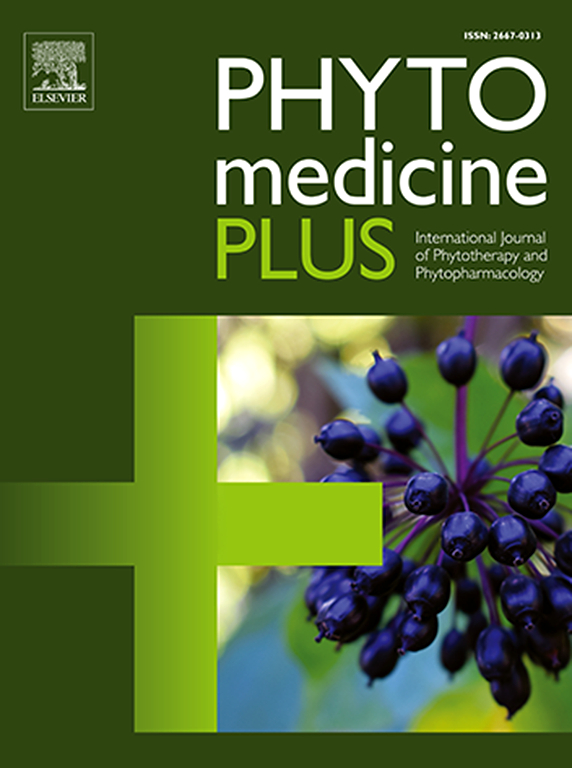Effects of coriander components linalool and geranyl acetate on stress-related neuroendocrine and behavioral measures in adult zebrafish (Danio rerio)
Q3 Pharmacology, Toxicology and Pharmaceutics
引用次数: 0
Abstract
Herbal medicines and their components represent an area rich for exploration, especially in the context of managing conditions like anxiety. Previous literature has indicated that extracts of the coriander (Coriandrum sativum) plant may have significant anxiolytic potential. However, it is currently unclear how the individual phytochemical components of coriander regulate anxiety-like behavior and stress axis activity. In the current study, coriander components linalool or geranyl acetate, or control (system water) were acutely administered to adult zebrafish for 1 h; subsequently, subjects were tested for anxiety-like behavior and motor activity in the novel tank test. To explore the potential impact of coriander components on stress axis regulation, baseline levels of cortisol were also determined from whole-body extracts. It was expected that linalool and geranyl acetate would reduce anxiety-like behavior and decrease levels of whole-body cortisol compared to control. Neither of the coriander components tested had a significant impact on exploratory and freezing behavior; however, linalool did significantly depress motor activity compared to control. There was no significant effect of either component on baseline levels of cortisol. Additional studies are needed to determine the contribution of specific coriander constituents to the regulation of anxiety-like behaviors. This information would provide support for clinical investigations into herbal medicines and their phytochemical constituents in the treatment of anxiety and other stress-related conditions.
香菜成分芳樟醇和香叶乙酸酯对成年斑马鱼应激相关神经内分泌和行为指标的影响
草药及其成分代表了一个丰富的探索领域,特别是在管理焦虑等疾病的背景下。先前的文献表明,芫荽(Coriandrum sativum)植物的提取物可能具有显著的抗焦虑潜能。然而,目前尚不清楚香菜的单个植物化学成分如何调节焦虑样行为和应激轴活动。在目前的研究中,香菜成分芳樟醇或香叶乙酸酯或对照(系统水)被急性给予成年斑马鱼1小时;随后,在新水箱测试中对受试者进行了焦虑样行为和运动活动测试。为了探索香菜成分对应激轴调节的潜在影响,还从全身提取物中确定了皮质醇的基线水平。与对照组相比,芳樟醇和香叶乙酸酯有望减少焦虑样行为,降低全身皮质醇水平。测试的香菜成分对探索和冻结行为都没有显著影响;然而,与对照组相比,芳樟醇确实显著抑制了运动活动。两种成分对皮质醇基线水平均无显著影响。需要进一步的研究来确定特定香菜成分对焦虑样行为的调节作用。这一信息将为草药及其植物化学成分在治疗焦虑和其他压力相关疾病中的临床研究提供支持。
本文章由计算机程序翻译,如有差异,请以英文原文为准。
求助全文
约1分钟内获得全文
求助全文
来源期刊

Phytomedicine Plus
Medicine-Complementary and Alternative Medicine
CiteScore
3.70
自引率
0.00%
发文量
178
审稿时长
81 days
期刊介绍:
 求助内容:
求助内容: 应助结果提醒方式:
应助结果提醒方式:


